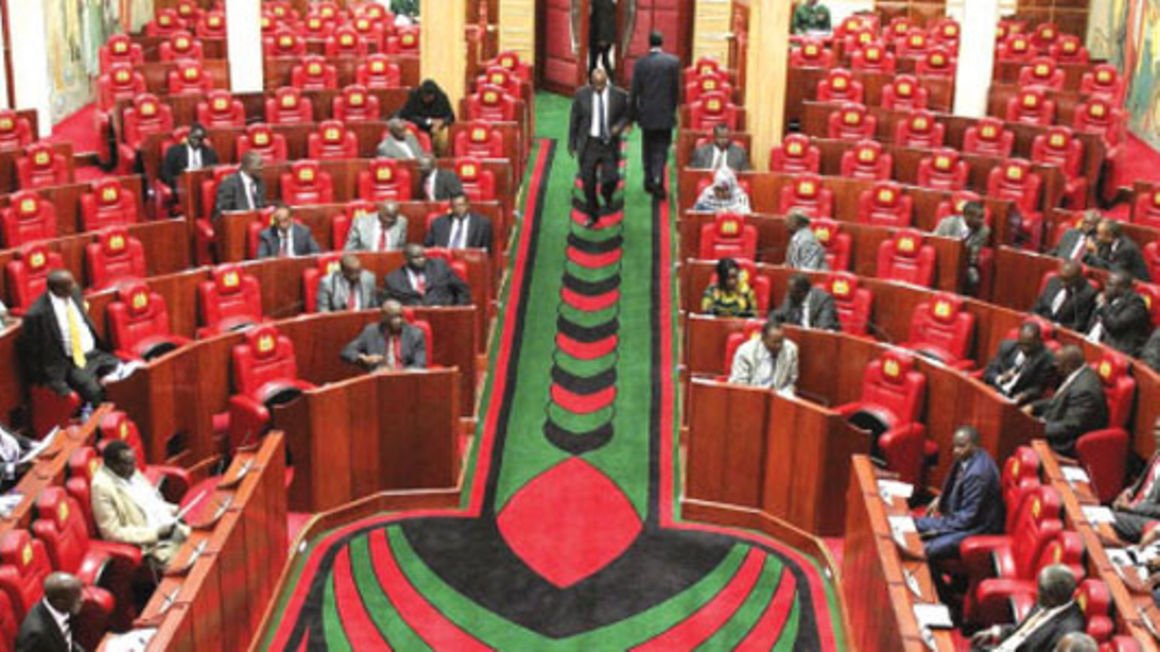MPs during a session at Parliament chambers. PHOTO | FILE The National Assembly should take a keen look at the proposed upward adjustment of taxes on a wide variety of goods in line with the rate of inflation.
This is the first time lawmakers will have a say on the inflation adjustment that was previously automatic. The law providing for the annual rise in excise duty was designed to protect government revenues from loss of spending or purchasing power. It also assumed a relatively benign inflationary environment and steady economic growth.
But as the Covid-19 pandemic has shown, economic progress can be held back by uncertainties. More than a million Kenyans lost their jobs and several sectors including tourism, transport and real estate continue to suffer from restrictions imposed by Kenyan and foreign governments to contain the spread of the pandemic.
Most workers are witnessing pay cuts or stagnation and are hard pressed to pay more for goods like fuel, juice and bottled water that are the target of the taxman’s excise tax increment.
Parliament should delay the proposed tax hike or suspend it altogether for the next one year. Consumers of essential goods, in particular, should be shielded from a further price escalation.
Members of the public plant tree seedlings during this year’s Kaptagat Forest Annual Tree Planting exercise held at Kaptagat Forest in Elgeyo Marakwet County where 11,000 seedlings were planted on July 23, 2021. PHOTO | JARED NYATAYA | NMG The advancement of forestry is intrinsic in achievement of sustainable development global goals.
This is due to the intricate roles that they play in the ecosystem ranging from providing food through agroforestry, acting as carbon sinks thus promoting good health by absorbing approximately two billion tonnes of CO2 each year, providing raw materials for production of consumables and as a source of income through commercial forestry.
In Kenya for example, there are five main forests that contribute to 75 percent of the entire country’s water supplies. Further, over 80 percent of energy consumed in Kenya is associated with forests.
There are also non–timber forestry products that include medicinal extracts, cosmetics. Forestry, therefore, becomes an economic pillar that needs to be advanced by actors in the government, non-State, and private sector.
It is a major contributor to the economic growth of any country. Commercially, forestry has provided several opportunities that innovators and investors need to tap into.
Countries needs more investments in commercial forestry which […]
